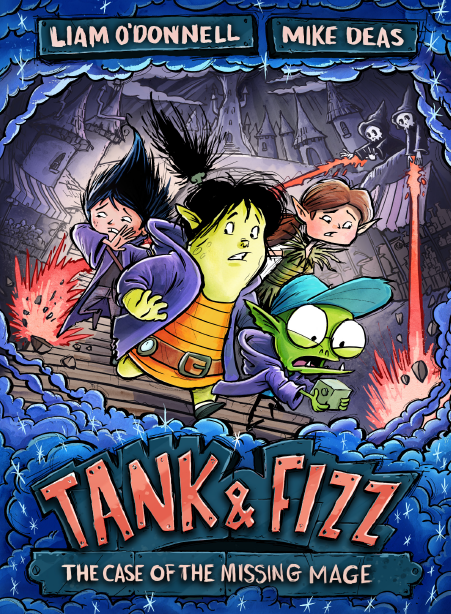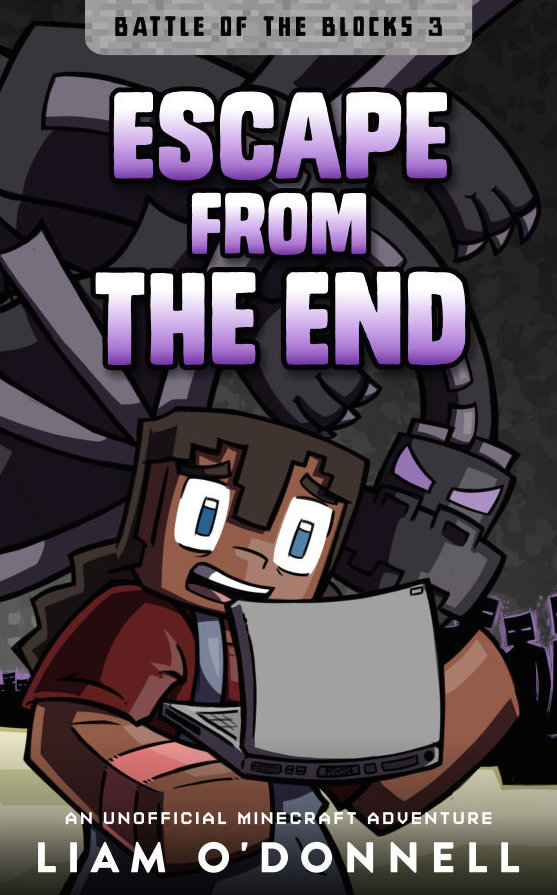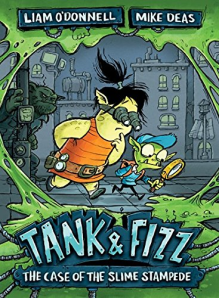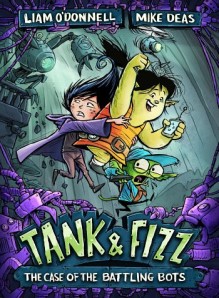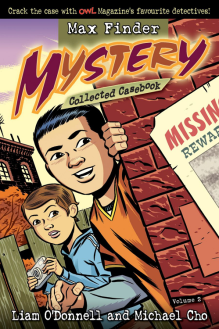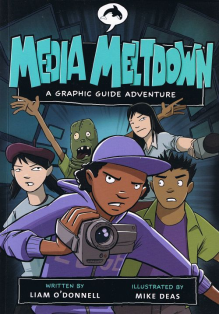Jumped over to Douglas Rushkoff?s blog today and that led me to this interesting article he wrote for TheFeature.com about owning data.
The traditional view held that when you buy a book, CD, DVD or any other form of content, you own that content (and are thus responsible for storing it.) But the truth has always been that what you are buying is the right to access that text or those tunes.
And while this truth hasn?t changed, delivery methods have. This is dispelling the illusion, and hopefully the appeal, of data ownership and management. Having access to data, becomes more desirable than actually having the data.
The point of access over ownership is driven home by millions of Kazaa users everyday and now by some major players in the music industry. By emphasising access over ownership, Peter Gabriel?s Magnificent Union of Digitally Downloading Artists seeks to define the music label of the future without trying to own the music.
Cory Doctorow is doing the same with print. By downloading his latest book online readers don?t get any less ownership of the book?s data as they would if they paid money for the nicely printed and bound version at a traditional retail bookstore. Same data, same rights, different delivery method.
As a freelance writer, I am constantly dealing with rights, but I am only realising this very recently. And I?m wondering how I can use these new delivery methods to my advantage. As with the old delivery systems, wide distribution is still the key to success ? people will only download if they know where to find you (and who the heck you are.)
A few posts ago, I gave ebooks a bit of a bashing despite the record growth in sales they experienced in 2003. I do respect ebooks for the way they address ownership of content. When digital delivery systems are more refined, ebooks, libraries and publishers will be able to take full advantage of data access over ownership.
The libraries already have a head start. They were built on access over ownership. Publishers were too. They just never wanted to break it to the customer.


